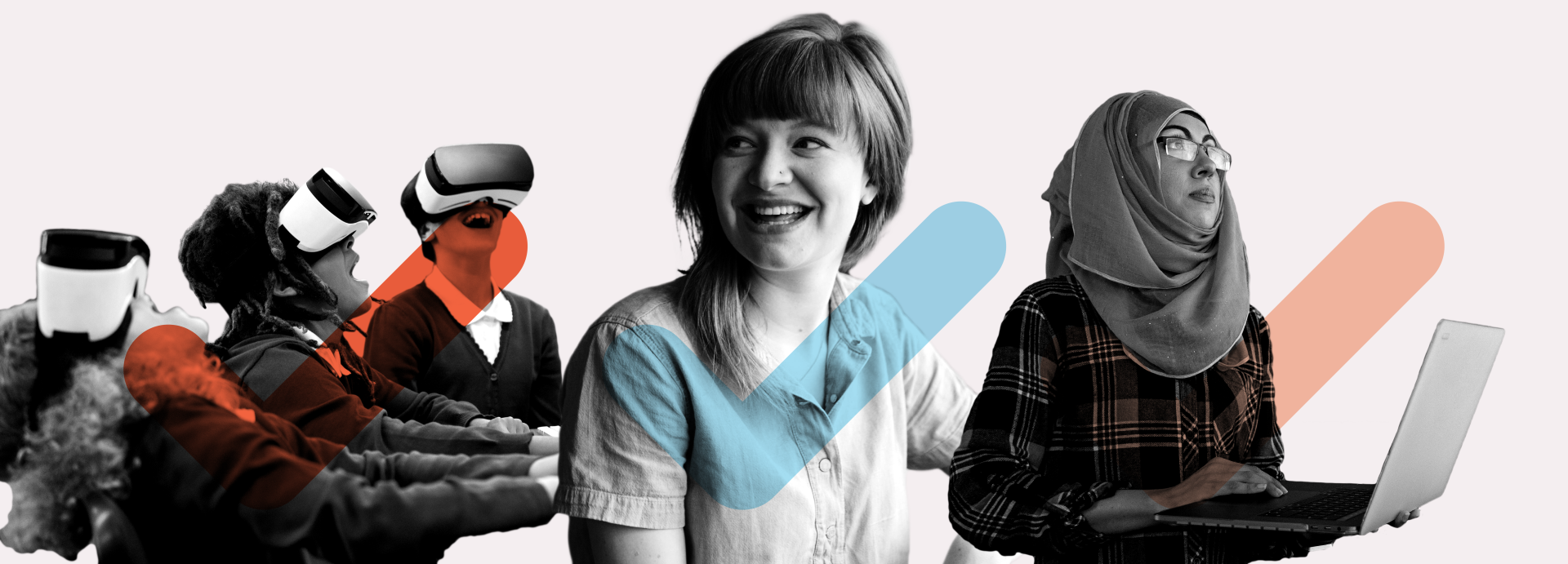About The Alliance for Universal Digital Rights
The Alliance for Universal Digital Rights (AUDRi) exists to explore ways of creating a digital future in which everyone can enjoy equal rights to safety, freedom, and dignity – whoever they are and wherever, whenever, and however they exist and connect in the digital world.
We place particular focus on women, girls, and other people from discriminated-against groups, all of whom face intersecting forms of discrimination and gender-based stereotypes in the physical world. Because it is only when the most vulnerable in society are protected that everyone is safe.

THE ALLIANCE
The Alliance for Universal Digital Rights (AUDRi) was formed in 2022 by two international gender equality and advocacy organizations, Equality Now and Women Leading in AI.
EQUALITY NOW
Has 30 years of experience working to end violence and discrimination against women and girls, using the power of the law to bring about systemic change.
They bring to AUDRi their expertise on international legal advocacy, gendered and feminist intersectional analysis of systemic discrimination, inequality, and power; and a track record in influencing governments, the UN and other international bodies.
Equality Now is a founder member and provides secretariats for the Solidarity for African Women’s Rights (SOAWR) Coalition, the Global Campaign for Equality in Family Law, and the Hurra Coalition for equality in family law in the Middle East and North Africa region.
WOMEN LEADING IN AI
Is an action tank of women leaders in the field of Artificial Intelligence (AI), who believe that AI must be responsible, transparent, accountable, and governed well.
They bring to AUDRi feminist expertise and knowledge on AI and digital ethics, along with a unique understanding of how intersecting forms of bias and discrimination are created and amplified through the use of algorithms and machine learning.

We believe that the strength of our movement lies in the diversity of our network.
Could you join us and contribute something amazing? We welcome applications from:
- UN member states and other recognized international, regional, or national bodies
- Academic, technical, and legal experts from across public, private, and civil society
- Activists and organizations that seek, represent, and amplify marginalized voices
Whatever your background, by joining the network at AUDRi you will be helping to:
Only by working together will we create a digital future in which everyone can enjoy equal rights to safety, freedom, and dignity.
Join UsOur
Leadership
AUDRi is led by a steering group with expertise in campaigning, advocacy, and digital and human rights law, and is currently managed by a small core team.
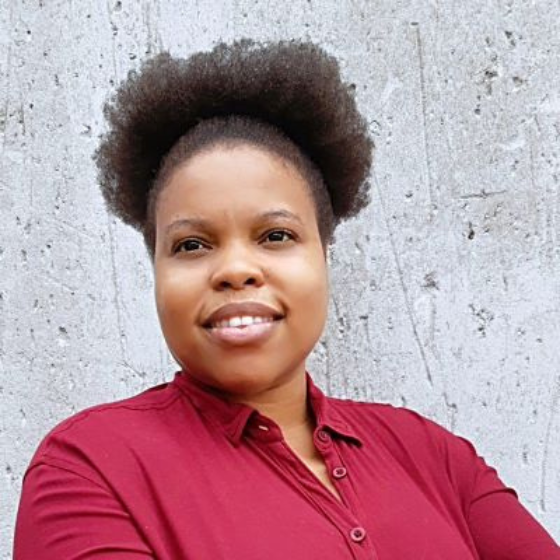
AMANDA MANYAME
is a digital law and rights expert at Equality Now. She works at the intersection of technology and law, advising and conducting research on the legal risks and harms associated with technological innovation. Amanda has worked with civil society organizations, tech companies, and policy influencers to provide an understanding of the different considerations that influence tech policy, laws and digital rights.
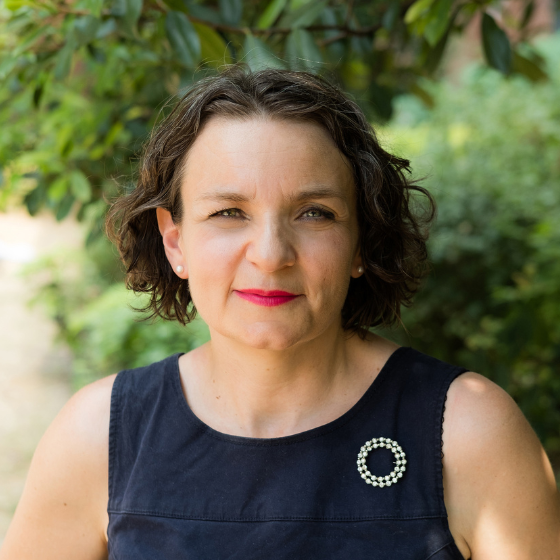
EMMA GIBSON
is Chief Executive of Women Leading in AI and is currently seconded to Equality Now to lead the AUDRi campaign. She is an expert in campaigning strategies, working on women’s rights and environmental issues in the UK, India, and Australia. She has previously held Campaign Director posts at both Greenpeace and Friends of the Earth.
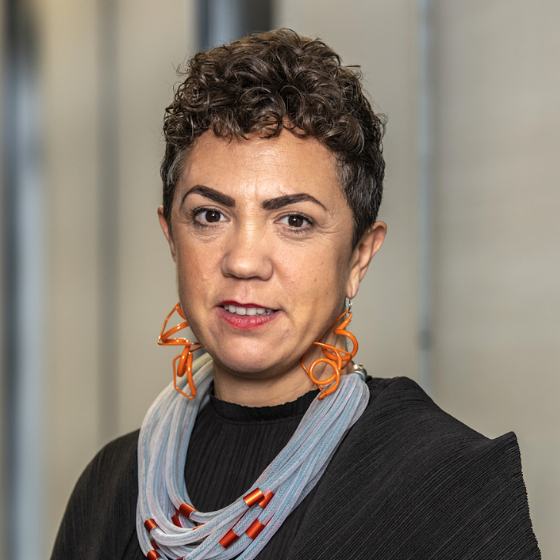
IVANA BARTOLETTI
is the Global Data Privacy Officer at Wipro, the leading international information technology, consulting and business process services company. She is co-founder of Women Leading in AI and an internationally recognised thought leader in privacy, data protection and responsible technology. She is a visiting fellow at the University of Oxford and is the author of An Artificial Revolution, on Power, Politics and AI.
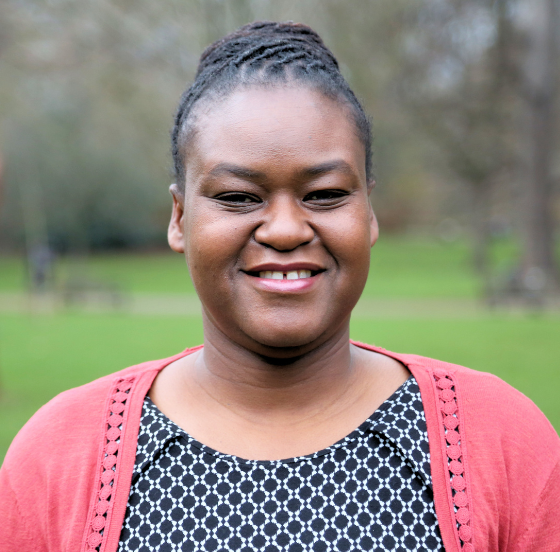
TSITSI MATEKAIRE
is the Global Lead for Ending Sexual Exploitation at Equality Now. With over sixteen years of experience, Tsitsi is a recognized legal expert on women’s rights, sex trafficking, sexual exploitation, access to justice, women’s political participation, and violence against women and girls. Her writing and commentary have been featured in The London Economic, Eco Business, and Inter Press Service, and she is credited as a co-author in the Palgrave International Handbook on Human Trafficking (2019).
Our History
In 2018, Equality Now launched a campaign to explore and address the global rise in online sexual exploitation and abuse (OSEA), by engaging governments, UN and regional bodies, digital and women’s rights organizations, lawyers, researchers, and survivors.
This work, along with insights gained through their membership of the WeProtect Global Alliance (a global movement against sexual exploitation and abuse of children online), led them to a stark conclusion: There is very little that women, girls and other people from discriminated-against groups can do to keep themselves safe online, unless governments around the world address a series of related challenges within the global digital ecosystem.
For example, how can the right to personal safety in the digital realm be balanced with the rights to privacy and freedom of expression? How can companies that operate digital technologies and networks across national borders and jurisdictions be regulated and held accountable? How can the benefits of AI and machine learning be harnessed without risking amplification of the same age-old stereotypes and biases that feed racism and misogyny?
To answer these questions, Equality Now partnered with Women Leading in AI, a feminist organization with expertise on AI, digital rights, and digital ethics. Together, after analyzing a huge and diverse body of evidence, they concluded that women, girls and other people from discriminated-against groups would only be able to enjoy the full benefits of a digitized society through the adoption, by governments all around the world, of universal digital rights.
Over the next 18 months together they established a steering committee and consulted with stakeholders including Amnesty International, the Danish Institute for Human Rights, the Web Foundation, POLLICY, and the Mozilla Foundation, as well as digital and human rights specialists from the UN and the Organization of American States. They also engaged CRISP, the Canadian Centre for Child Protection, the Center for Women and Child Rights, members of the CEDAW and GREVIO Committees, the UN Office on Drugs and Crime (UNODC), and representatives from the Governments of Australia, Finland, and Kenya in discussions on online safety and the role of international and national law.
The evidence gathered during this extensive period of consultation and engagement was used to inform the development of the AUDRi Digital Rights Principles.
Find out more